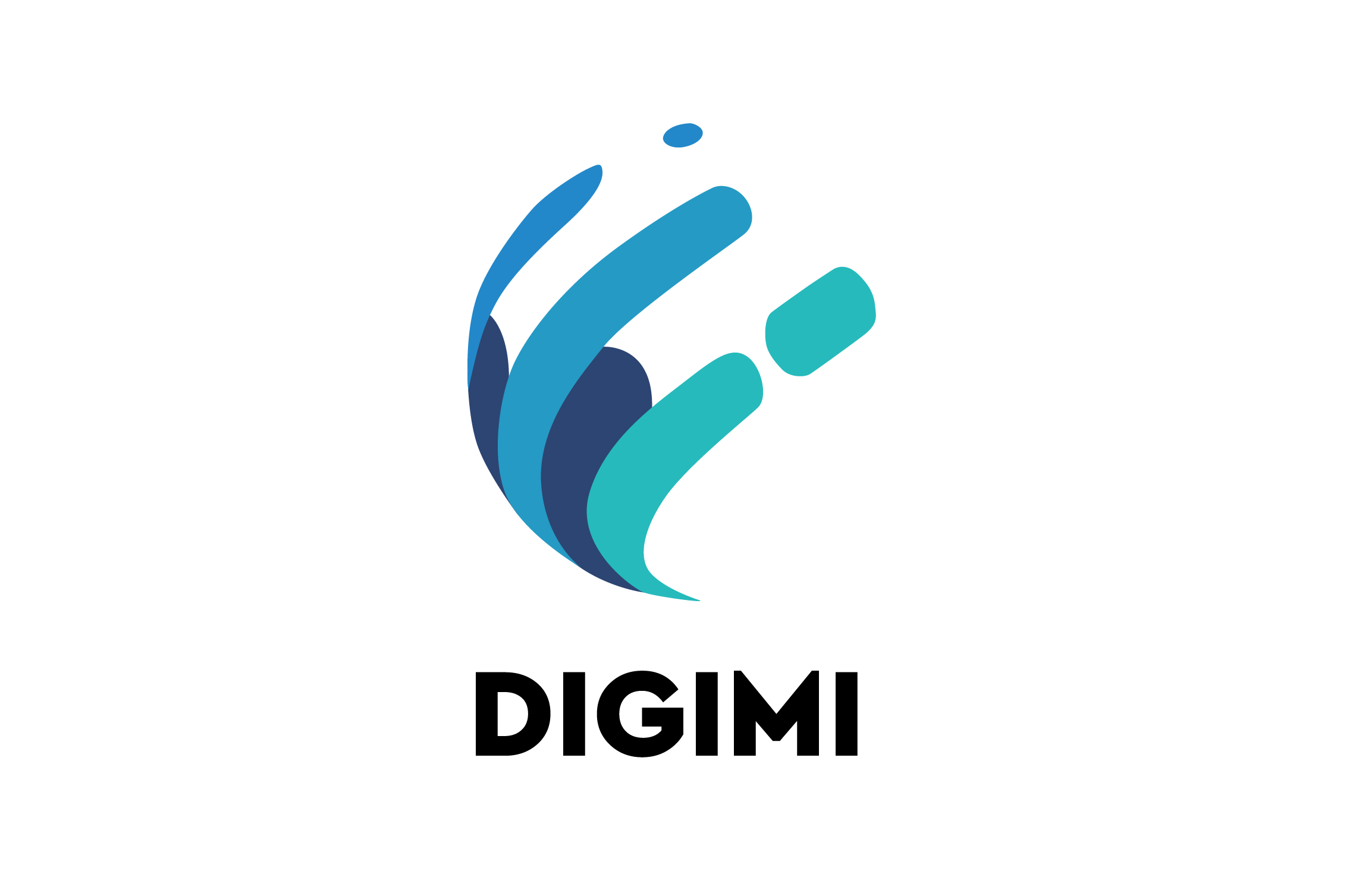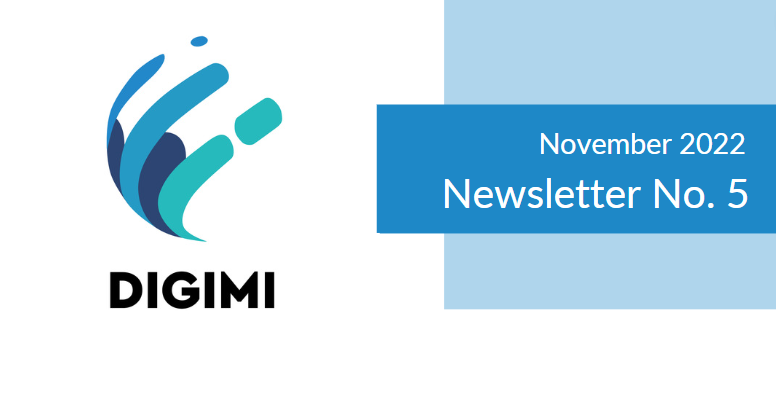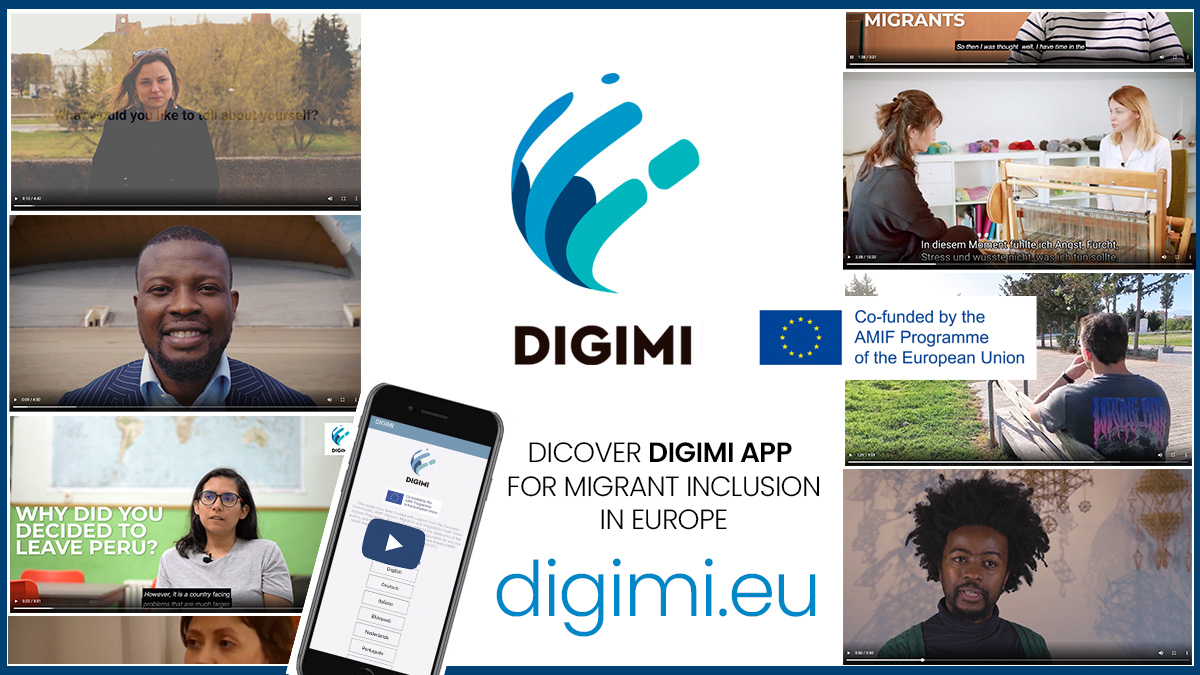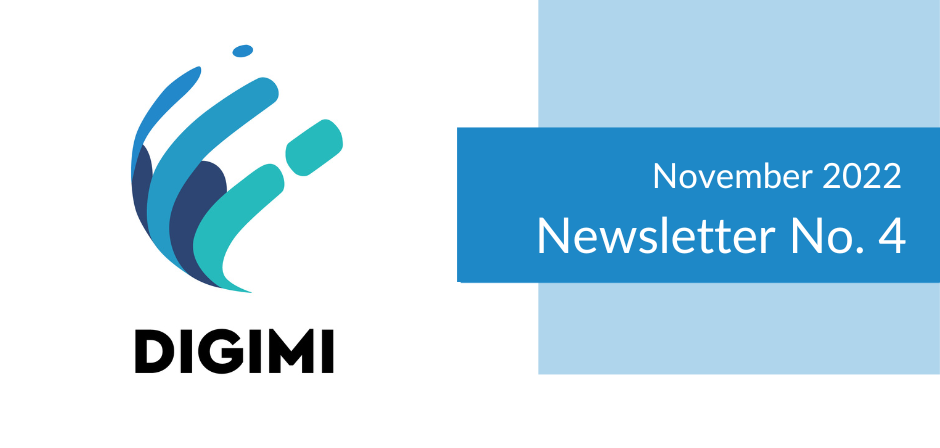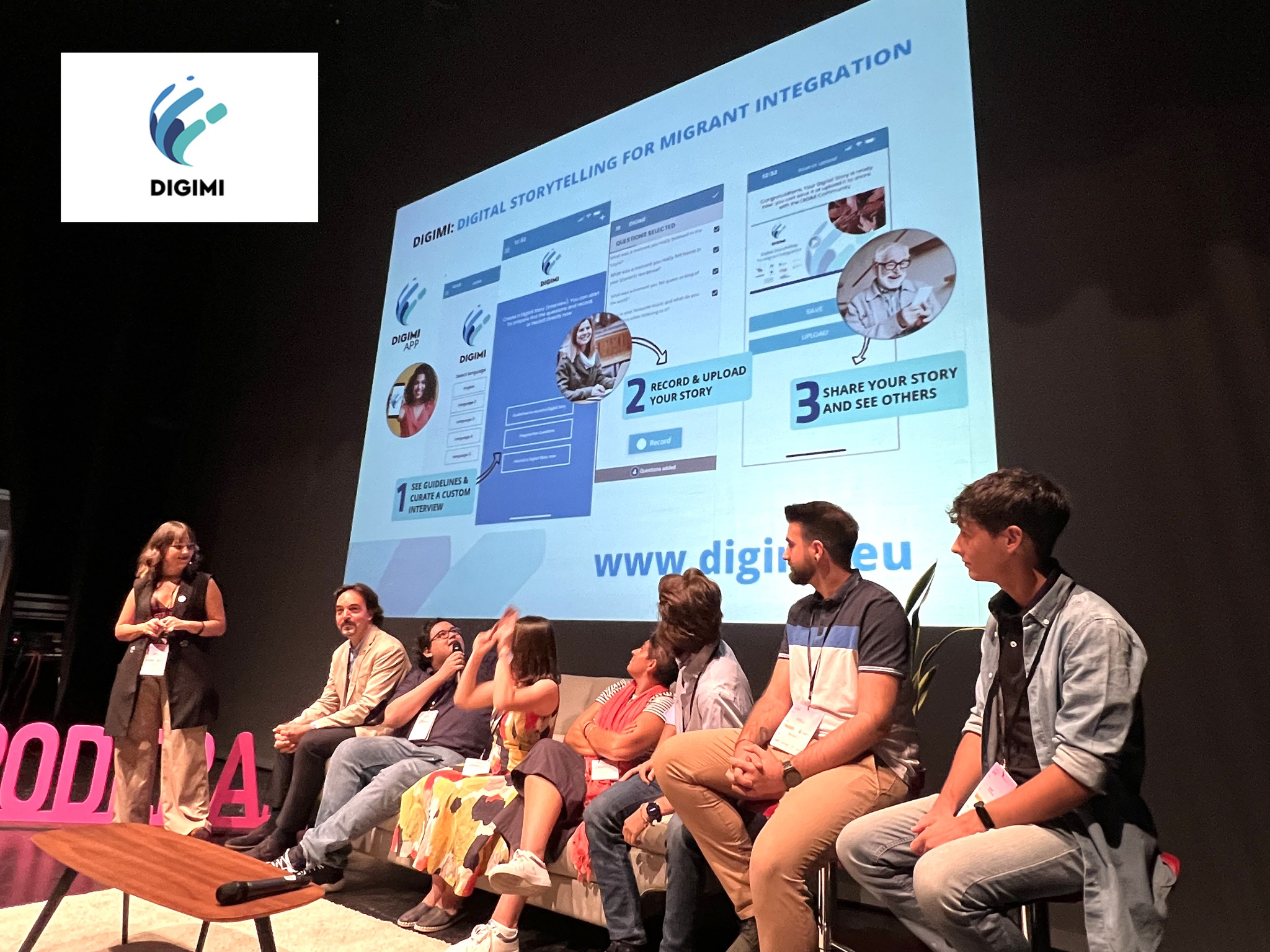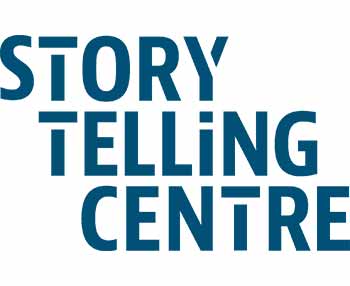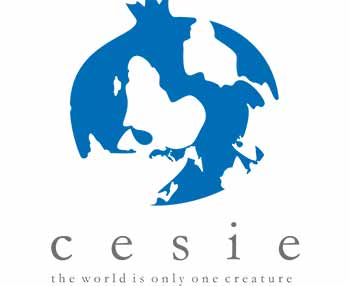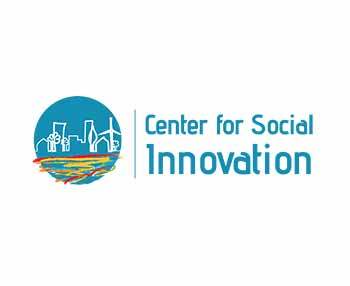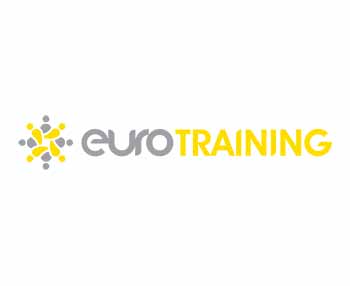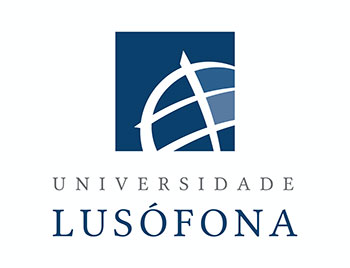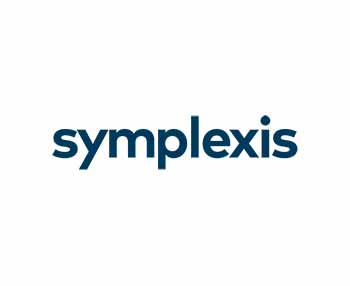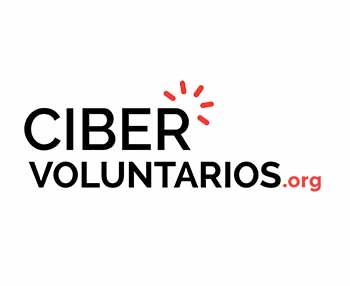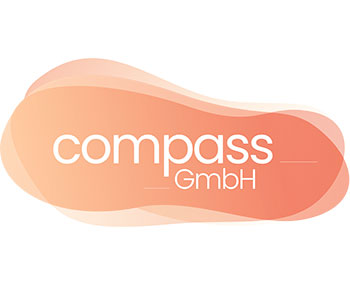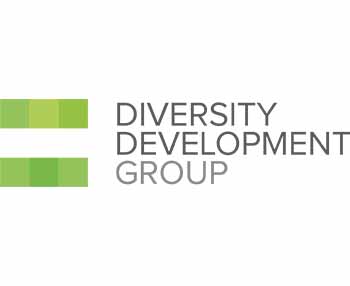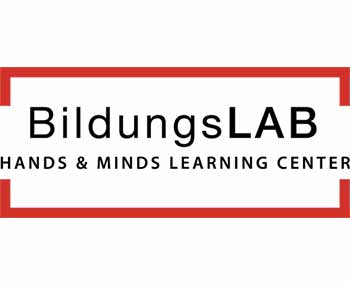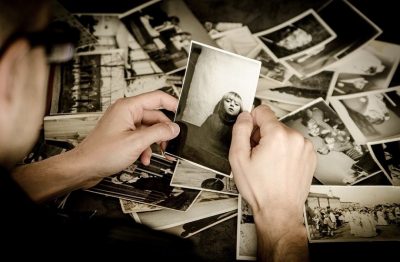
Biography work: one’s own history as a learning object
09/15/2021
Renate Brüser, director of the Austrian Institute for Biography Work (Österreichischen Instituts für Biografiearbeit (ÖIBA) deals with biography work as a learning object in adult education. According to Brüser, dealing with one’s own biography helps to uncover one’s own resources. “Dealing with formative events and the influence of political and social circumstances on one’s life can be very valuable for learning processes of adults”, says. Moreover, learning within the framework of biography work is more enjoyable and what is learned is internalised more quickly. This article summarises her interview about the competences are developed in the course of biography work, the biography-oriented approaches contributing to learning in adulthood and the topics are often dealt with. The process of understanding how social, political, historical and societal circumstances have influenced the course of someone’s life, could be a beautiful and painful experience, but it can lead to accept oneself and one’s life so far.
Dealing with the past (achievements, strengthens, obstacles) gives courage to live, provides orientation, leads to a life balance and helps to accept and shape the present life and to develop life perspectives for the future. There are several methods used in biography work. An important method is the lifeline where important life events are arranged chronologically to provide a good overview of life so far. There are many variations of this method (e.g. life events and phases of life can be described in writing or provided with symbols). Both the person telling the story and the listeners experience this as enriching and intense and often brings additional insights. Another method of biography work is the memory case where given objects awake memories and encourages remembering and lively storytelling about them.
The most important topic for the adults, is the family biography (e.g. origin, what affected one as a person, etc.). Another important topic is the professional biography related to the contribution to the world and society. During biographical work in groups, one acquires additional skills of communicating in the group, expressing and telling one’s own experiences, empathically listening to the life stories of other participating people, getting to know other perspectives and coping strategies, realising one’s own limits and decisions about what one wants to tell and what not.
Read more: https://epale.ec.europa.eu/en/blog/biography-work-ones-own-history-learning-object
